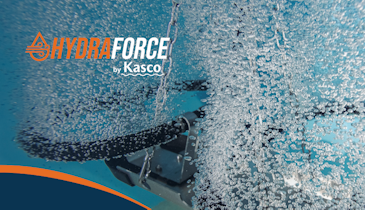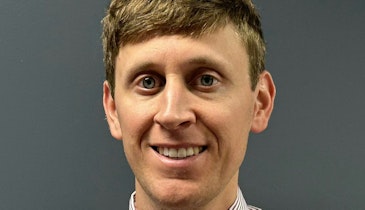Collector chain resists corrosion
Problem
A microbiological attack on the 403 stainless steel collector chains at the Deer Island Sewage Treatment Plant in Winthrop, Mass., reduced their expected life and increased the probability of failure in the clarifiers.
Solution
The...








